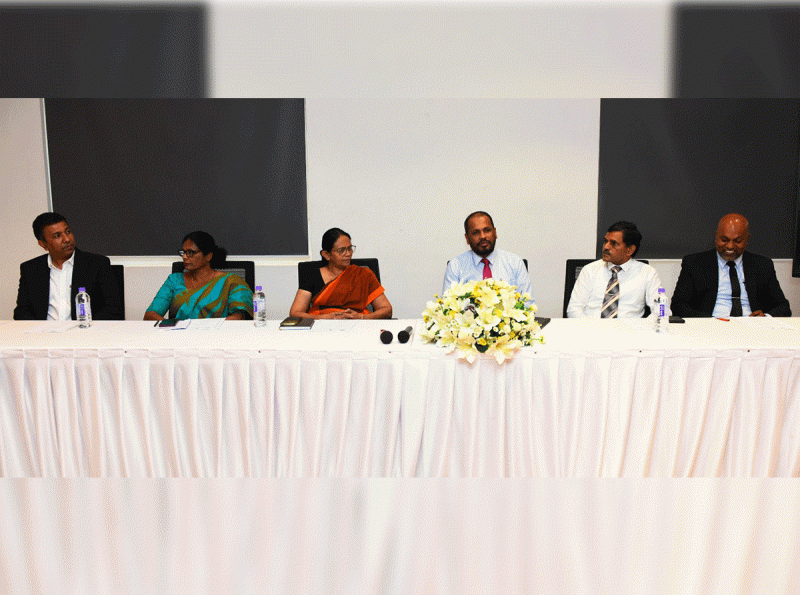The Sri Lanka Export Development Board (EDB), in collaboration with the Sri Lanka Automotive Component Manufacturers Association (SLACMA) and Technobiz Lanka, successfully conducted a two-day workshop on Dry Rubber Compounding Technology and Plant Management. The event held at the EDB headquarters, aimed to enhance the skills and knowledge of technical professionals in the rubber manufacturing industry, including those serving the automotive sector.
The workshop was initiated following a request from SLACMA on November 4, 2024, highlighting the importance of equipping industry personnel with the latest advancements in rubber compounding techniques, machinery, and plant management practices.
Sri Lanka's rubber products industry, renowned for its quality and innovation, plays a significant role in the nation’s export economy. Tyres constitute 60% of exports, gloves 30%, and other rubber products 10%. To maintain its competitive edge in the global market, the sector has prioritized diversification, process modernization, and investment in research and development. Adhering to international standards and integrating cutting-edge technologies are also critical to sustaining growth.
The automobile components industry, identified as having significant untapped export potential, was a focal point of the workshop. Currently, many companies in this sector cater to the domestic market, manufacturing products such as tyres, wire harnesses, mud flaps, rubber beadings, and washers. Strengthening global market linkages and diversifying product offerings were emphasized as essential strategies for expansion.
Key topics covered during the workshop included compounding ingredients for automotive components, the applications of natural and synthetic rubber, and best practices for rubber mixing and compounding. Technobiz Lanka, a consultancy firm established in 2020, collaborated closely with the EDB to design and deliver a program tailored to industry needs.
Speaking at the inaugural session, EDB Chairman Mangala Wijesinghe highlighted the importance of knowledge-sharing initiatives in fostering excellence in manufacturing and aligning with global market trends. “Workshops like these are pivotal in driving sustainability, innovation, and cost-effective production practices,” he stated. He further noted that this initiative is part of the EDB’s overarching effort to help the rubber industry achieve the national export target of USD 3 billion by 2030.
Prominent figures attending the event included Dr. Sisira Ranthunga, Director General of the Sri Lanka Association of Exporters and Manufacturers of Rubber Products (SLAMERP); Mr. Shamal Gunawardene, Chief Operating Officer of CEAT Sri Lanka, representing SLACMA; Ms. Yugantha Piyadasa, Director of Technobiz Lanka; and Ms. Anoma Premathilake, Additional Director General (Development) of the EDB. Technical professionals, industry participants, and EDB officials were also present at the workshop, underscoring its significance to the sector.
The event concluded with participants gaining valuable insights into advancing Sri Lanka's rubber industry while strengthening its position in global value chains.



